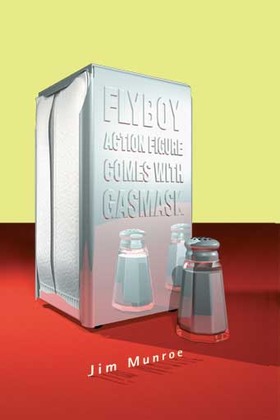I may have put this on my list in error, as - if I recall correctly - there was no indication in the narrative that it was set in Toronto. Certainly it's Canadian, and the author is based in the Toronto-ish area somewhere (Peterborough I think). Regardless, all of the action takes place on one street - the titular Blind Crescent - and one of the overarching themes is the generic character of suburbs everywhere, so it works. Let's just say it's in Toronto.
The novel is about the six houses on Blind Crescent and their occupants. It starts with a mysterious squatter moving in to the deserted house where the previous owner, Roger Smith, took his own life. Roger's suicide seems to have been a turning point in the lives of everyone on the street, and the story follows them over the summer as they struggle to reconcile with the after effects of that incident in relation to their own problems.
There is Jackson, a man approaching middle age who lives with his elderly parents, waiting on them hand and foot and suffering through increasingly debilitating headaches. He also helps out Mr. Walcott, an obese widower with an unusual form of synesthesia that gives everything he sees a flavour. Then there is Holly, a single mother of two, whose ex is sending strange postcards. Oliver Rafferty is rich, married (unhappily), alcoholic, and suffering a mid-life crisis involving lusting after a teenage girl. And the teenage girl in question, Grace, and her brother are struggling to figure out where they belong in the world as their father dates a woman 15 years his junior.
All of these people are connected with each other in various ways, and their relationships develop and unfold throughout the course of the book. Always in the background is the developing news story of a sniper who is picking people off on the highway, seemingly at random. Throughout the book you will think it is several different people, but don't expect it to be a mystery that is wrapped up neatly. This isn't Agatha Christie. The story is about the people, not the puzzle.
I liked the book. I like character and dialogue-driven writing, which this is, although I felt that some of the characters could have been rounded out a bit more (Oliver's household was particularly flat, character-wise). I found it to be quite funny at times, and more than a little dark. What I enjoyed the most was that it didn't all work out for everyone - there were no easy answers.
My critique is that I wanted more. I wanted to know more about the characters, I wanted more to happen. I felt like there was a lot of great potential here that wasn't always met. The ending was, I felt, somewhat anti-climatic.
Overall I would recommend this book but my hope for the author is that she keeps getting better. Three CN towers out of five.












